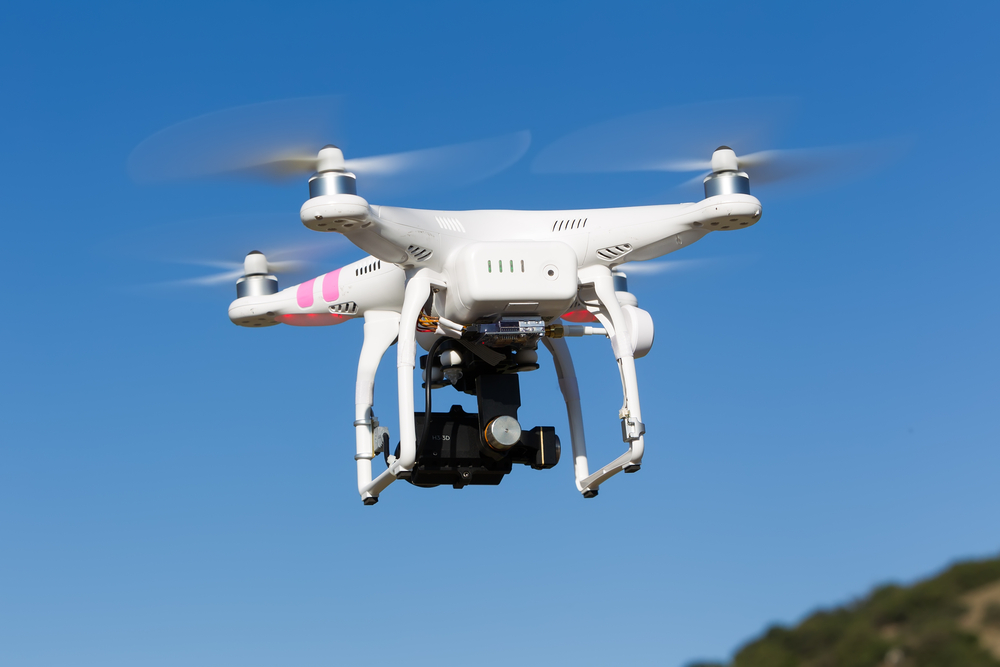
The need to safeguard against the potential misuse of unmanned aerial systems (UAS), or drones, was discussed at Senate Appropriations Committee on Homeland Security hearing held last week.
John Hoeven (R-ND), chairman of the committee, outlined the importance of the Department of Homeland Security (DHS) of training its UAS pilots and having adequate personnel for Customs and Border Protection’s (CBP) fleet of unmanned aircraft.
Hoeven is working to fully fund efforts to develop counter-UAS technology and provide the flexibility DHS needs to hire and train its personnel. He is also advocating for utilizing the Grand Forks, North Dakota, UAS facilities to develop these technologies and train additional pilots.
“UAS has proven invaluable in strengthening our border security efforts, especially in regions like North Dakota where we are responsible for 900 miles of border,” Hoeven said. “However, with the development and adoption of this technology, we are facing new challenges. This includes detecting and countering the misuse of UAS, for instance, to smuggle drugs, and ensuring we have enough pilots to man these aircraft.”
Hoeven secured a commitment from DHS Secretary Kirstjen Nielsen to pursue this initiative. He also invited her to visit the Northern Plains UAS Test Site, the CBP UAS facility, the Grand Forks Air Force Base, and the Grand Sky Technology Park in North Dakota.
Further, U.S. Transportation Secretary Elaine Chao announced last week that North Dakota was selected as one of ten sites to participate in the Federal Aviation Administration’s (FAA) UAS integration pilot program. Through this program, the North Dakota test site and the state’s UAS industry will seek to establish the safe operation of unmanned aircraft in the national airspace (NAS).